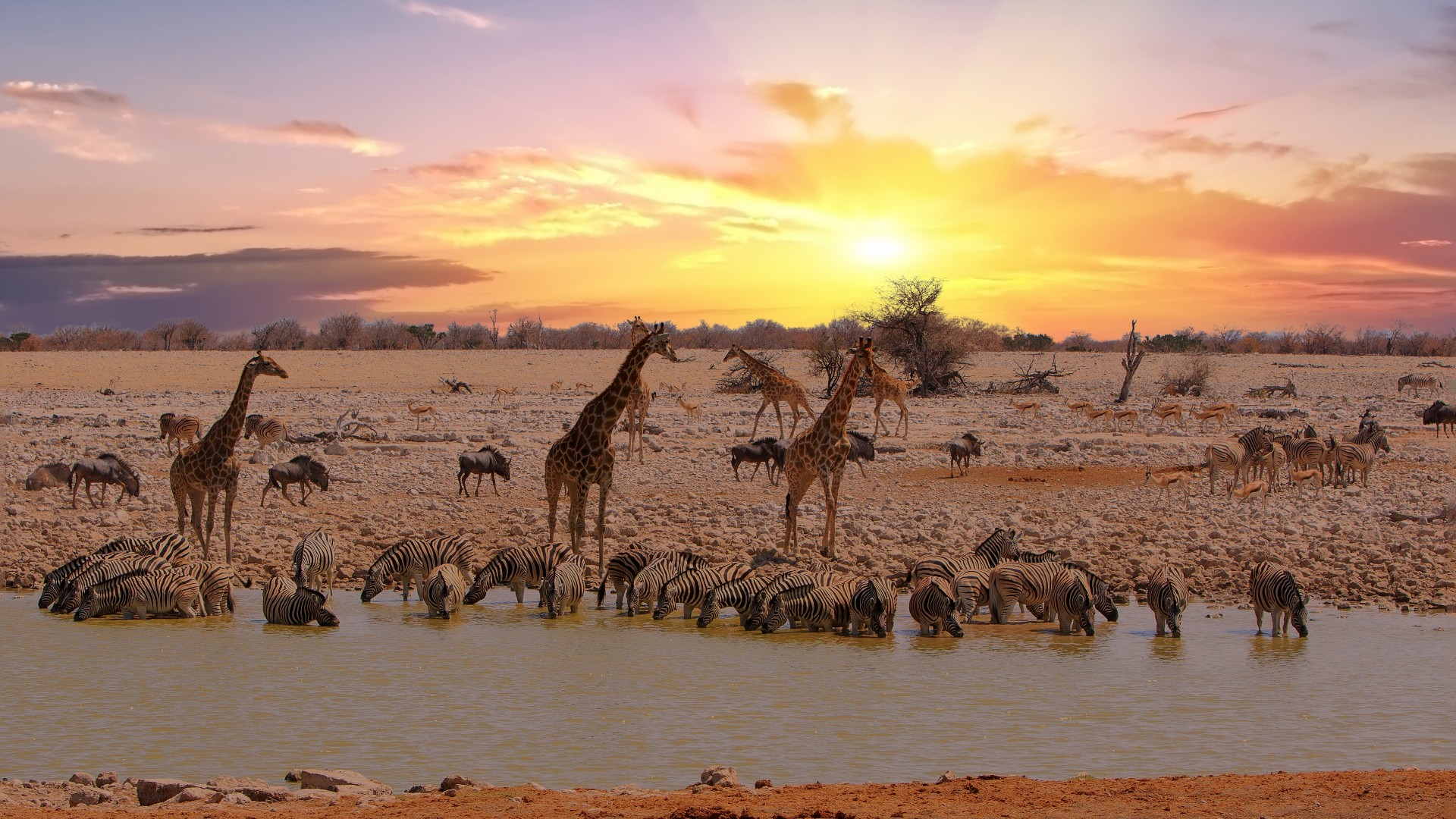To celebrate World Wildlife Conservation Day, we asked our inspiring field teams and partners for their conservation messages, celebrations, and insights on this significant annual occasion.

(c) Paula French, iStock
MESSAGES OF HOPE ON THIS SPECIAL DAY

“Nature supported humanity for many generations; we now must take responsibility to support nature. Our efforts today will count tomorrow and for years to come. This is the essence of sustainable conservation.”
Michael Mugo, from Born Free’s Pride of Meru programme, Kenya

“We see many individuals from the younger generation working in conservation today. The combination of the senior generation’s knowledge with the energy and enthusiasm of the younger the support we see from the community make me optimistic about the future.”
Mandar Pingle, from our SLTP* partner, the Satpuda Foundation, India

“A little effort by everyone today towards caring for wildlife will be paid back with numerous benefits tomorrow. If we take care of nature today, nature will take care of us in the future. Wildlife is our heritage, let us protect it.”
Moses Nyagah, from Born Free’s Pride of Meru programme, Kenya
We have seen a reduction in retaliatory attacks on lions by the community – our programme has helped keep lions out of their boma livestock enclosures at night enabling co-existence between people and carnivores.
Kisimir Saibulu, from Born Free’s Pride of Amboseli programme, Kenya
Wild animals live in a rapidly changing world, putting huge emphasis on us to understand their needs and to secure their futures. Our recent findings on ecosystem connectivity have resulted in the safeguarding of vital wildlife corridors for elephants.
Tal Manor, Amboseli Trust for Elephants, Kenya, a long-term partner of Born Free

“Forests and Nature are an open book for learning. Every day I learn new things. I love being in the wilderness and interacting with the people close to the forest.”
Saurabh Dande, from our SLTP partner Bombay Natural History Society, India

“I am proud to help preserve the sanctity of wildlife and its habitat. When I see the school students and their energy towards learning how they can make co-existence work, I can see they will protect the environment in coming years.”
Namita Mane, from our SLTP partner, the Tiger Research and Conservation Trust, India

“With support from Born Free, our network of Great Ape Guardians has resulted in a reduction of poaching. This helps to protect populations of endangered animals from persecution, contributing to their long-term survival.”
Donald Mbohli, from Born Free’s Guardians of Dja programme, Cameroon
Since the day it was constructed by Born Free, two years ago, I have not lost any of my livestock to predation.
Daniel Kirisia, beneficiary of a ‘predator-proof’ boma. Amboseli, Kenya
After awareness-raising sessions on conservation, we are seeing that young people are no longer engaging in commercial hunting. Pupils in our primary school now know the importance of animals and plants in the forest and how to behave in the presence of great apes.
Nnanga Marie Chimene, a teacher in a Born-Free supported primary school, Cameroon

“Awareness initiatives are essential to safeguard wildlife andwe have observed a change in the community’s attitude. This is positive for conservation as this area is a nesting site for critically endangered white-rumped vultures.”
Dileep Ahirwar, from Baavan, our SLTP partner organisation, India

“Stall-feeding helps local communities by reducing the need to graze cattle openly in the forest, decreasing cattle depredation, while also reducing grazing pressure on the forests.”
Priya Warekar, from our SLTP partner The Corbett Foundation, India
* Satpuda Landscape Tiger Partnership
